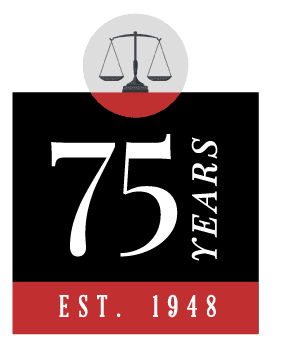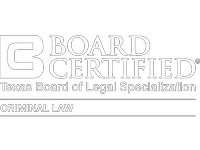At Chappell, Lanehart & Stangl, P.C., we are dedicated to removing as much criminal history as possible for our clients from official records. We are happy to provide a free consultation to determine if your records can be expunged. Please schedule an appointment at your convenience. If you are seeking expunction for a child or family member, Chuck and Fred can discuss options with immediate family.
It is important to note that, in this digital age, arrest information may still be available online, even after an expunction is granted. For instance, some websites obtain arrest information from public sources, such as county jail websites, which often provide real-time arrest information. That information is then gathered and later published on the website for public view. Since these websites did not purchase their information from DPS, they are not bound by an expunction order. However, they will often take down arrest information that has been expunged, upon request. We will also help as much as we can in those circumstances.
An expunction is the only remedy available under the law, when it comes to removing an arrest from your record. Chappell, Lanehart and Stangl would appreciate the opportunity to advise on options and eligibility.




